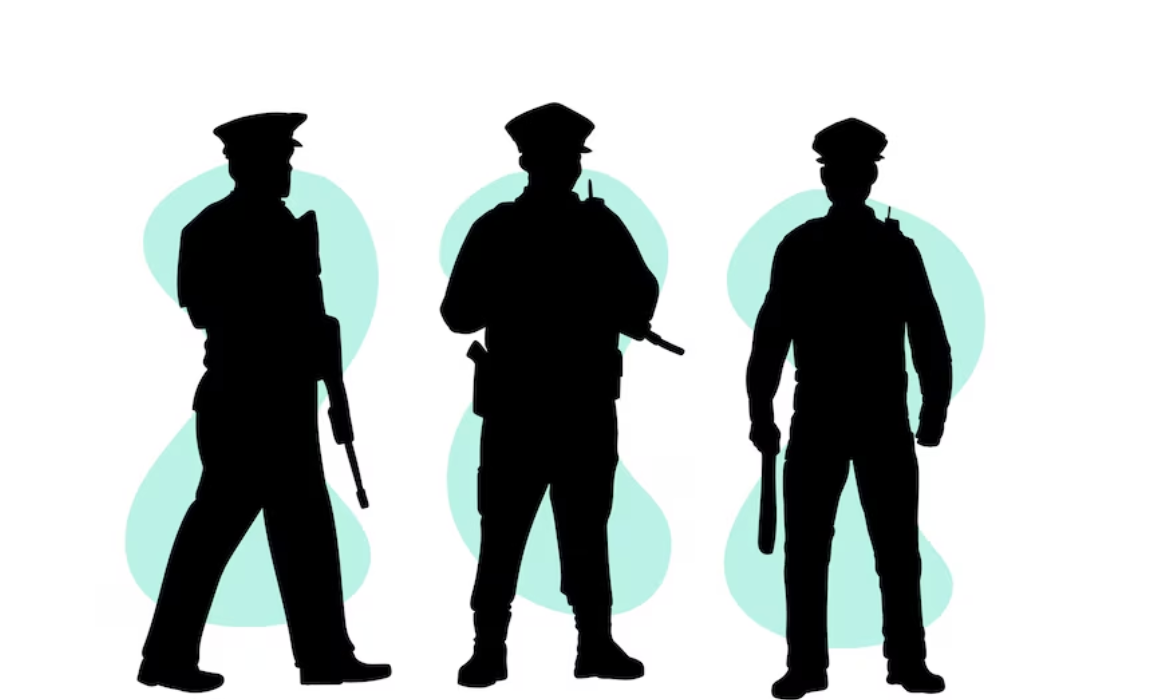
Article 21 and Human Rights: Addressing the Surge in Kidnapping Cases in Haryana
One of the most powerful promises made by the Constitution of India is enshrined in Article 21 — “No person shall be deprived of his life or personal liberty except according to procedure established by law.” This simple yet profound sentence forms the backbone of all human rights in India. Over the decades, the courts have expanded its meaning to include the right to live with dignity, security, and freedom. But when we look at the rising number of kidnapping cases in Haryana, this promise appears hollow.
The recent spike in abduction and kidnapping cases, especially involving women and children, paints a grim picture of safety and law enforcement in the state. From missing minors to targeted abductions for trafficking, forced marriage, and even ransom, the pattern is deeply disturbing. These aren’t just crimes under the Indian
Penal Code — they are direct assaults on the fundamental right to life and liberty guaranteed by the Constitution.
Despite having strong legal provisions like Sections 359 to 374 of the IPC, and additional safeguards under laws like the Juvenile Justice Act and the Immoral Traffic (Prevention) Act, implementation on the ground remains weak. FIRs are delayed, investigations are half-hearted, and convictions are rare. For the victims and their families, justice is either too late or completely denied.
The police machinery in Haryana, though committed in many areas, is clearly under strain. Shortage of staff, lack of training in handling sensitive cases, and outdated investigation techniques make it difficult to tackle organized crimes like trafficking and kidnapping. In many cases, the first 48 hours — crucial for the rescue — are lost due to procedural delays or lack of seriousness.
Article 21 is not just about protecting life; it’s about ensuring that every person feels secure and valued in this country. When a child is snatched from the street or a woman is forced into a car in broad daylight, it is not just an individual’s liberty being taken away — it’s a failure of the State to uphold its constitutional duty. The fear that grips communities due to these rising incidents reflects a breakdown in trust, law, and order.
It is also a matter of human rights. India is a signatory to several international treaties like the International Covenant on Civil and Political Rights (ICCPR), which guarantee protection against unlawful detention and exploitation. When kidnappings go unchecked, and the victims are trafficked, abused, or worse, we fail not just our Constitution but our global commitments as well.
The judiciary must now take a more proactive role. Just like the D.K. Basu guidelines changed how arrests were handled, there is a need for a standard protocol for kidnapping cases — from immediate FIR registration to time-bound investigation and victim support. Courts can also take suo motu cognizance of rising cases and push for better law enforcement.
But the solution isn’t just legal — it has to be administrative and social as well. Haryana needs specialized anti-kidnapping units, stronger surveillance systems in vulnerable areas, and regular training for police personnel on how to handle such cases sensitively. At the same time, awareness campaigns, community policing, and better coordination with child protection and women’s rights bodies are essential.
In conclusion, the rising kidnapping cases in Haryana are not just statistics — they are stories of shattered families, broken lives, and a weakening faith in the system. Article 21 is not just a line in the Constitution; it is the very essence of what it means to be free and safe in a democratic nation. It’s time the State and judiciary come together to ensure this right is not just promised — but truly protected.
